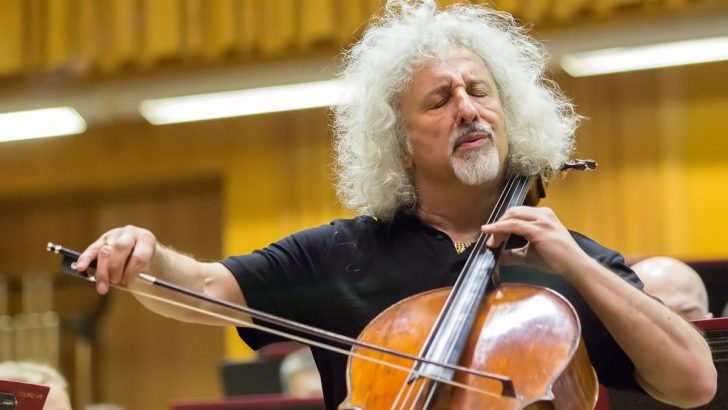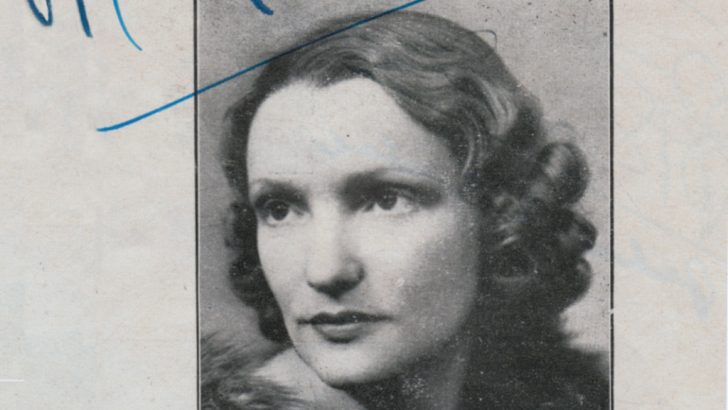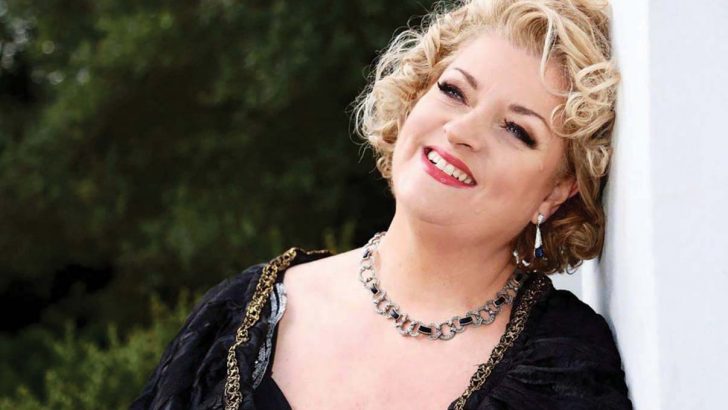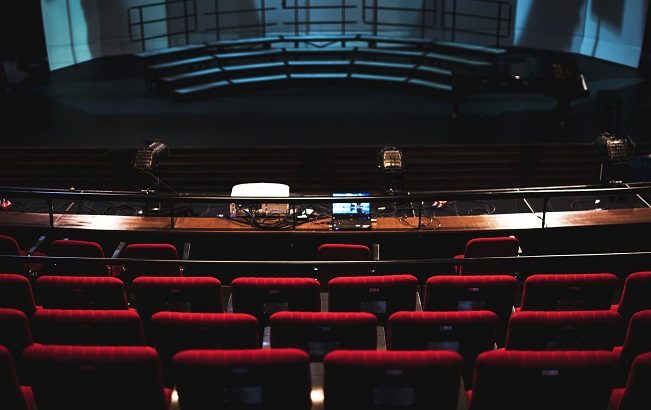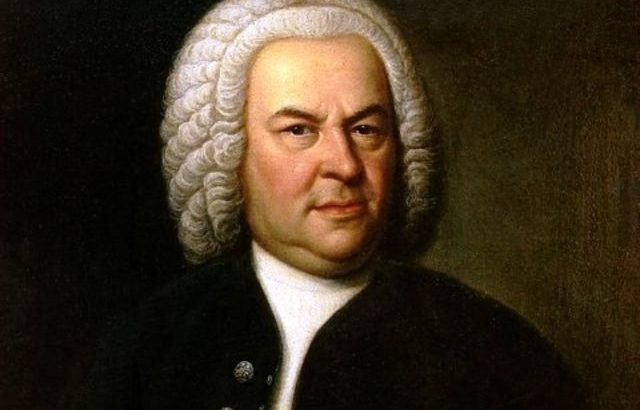Following their honeymoon in Italy Veronica Dunne and Peter McCarthy settled into their home on Dublin’s Bushy Park Road. However, Ronnie’s commuting between Dublin and London to fulfil her Covent Garden contract became more difficult with the arrivals of son Peter in 1954 and daughter Veronica (Judy) in 1956. Ronnie’s farewell to the Royal Opera…
The remarkable life of Veronica Dunne
Last time round we left the late Veronica Dunne about to audition at Covent Garden. She was accepted at once. Interestingly around the same time, Australian soprano Joan Sutherland (1926-2010), who would have a brilliant international career, had four auditions before being accepted as a ‘utility soprano’. She and Ronnie became lifelong friends. Ronnie made…
Farewell dear Ronnie…a great woman has gone
A phone call from my good friend and pianist, Alison Young, on Easter Monday evening told me of the death of the doyenne of our musicians, Veronica Dunne, some hours previously. The news was unexpected as despite her 93 years Ronnie, as she was affectionately known, was still teaching until relatively recently. Her passing brought…
Remembering the unfailingly haunting Mirella Freni
While googling for something recently the name Mirella Freni popped up on screen. It rang a bell immediately as it recalled Wexford 1962. She was making her festival debut as Elvira in Bellini’s I Puritani. I was attending my first Wexford production. Getting there was not without difficulty. A car had to be borrowed. A…
March musical treats to enjoy
Among artistic ventures falling victim to Covid-19 last year were Feis Ceoil and Music for Galway’s Cellissimo festival – a celebration of the cello in one form or another. Happy to relate both events have been reconstituted with Feis Ceoil, supported by the RDS and celebrating its 125th anniversary in 2021, already under way and…
Glimpses of Dublin’s operatic past
Last time round I may have implied that soprano May Devitt made her Dublin Operatic Society debut as Philine in Mignon in 1937. In fact, her first DOS appearance came on April 30, 1935 as Leonora in Verdi’s Il trovatore. The following year she was heard as Violetta in La traviata and Marguerite in Faust…
Cara contributed to the artistic life of the city she dearly loved
While I knew she had been ill, news of Cork-born soprano Cara O’Sullivan’s death on January 26 – aged 59 – came as a shock. Cara possessed a wonderfully vibrant voice to match her vivacious personality and had a natural artistry in a wide-ranging repertoire from the baroque through the classical and romantic to the…
Opera’s bright 20th Century in Dublin
A good friend of mine, opera buff extraordinaire Paddy Brennan, recently sent me an email with an attachment – www.operainireland.wordpress.com/. It came with a ‘work in progress’ warning but, even so, the file contains a vast amount of information relating to opera in Dublin from 1928 to virtually the present day. The content is absolutely…
The greatest of Beethoven’s last five
While I wrote about Beethoven’s String Quartets at various times during his 250th anniversary last year, other topics diverted me along the way only allowing me to reach his 13th – Op 130. Beethoven’s C sharp minor 14th Quartet was written in the first half of 1826. Arguably the greatest of his last five, it…
Bach’s cantatas to bring us to the Epiphany
Before moving to Leipzig in 1723, Johann Sebastian Bach held several positions as organist and choirmaster in Arnstadt, Mühlhausen, Weimar and Cöthen. In Weimar he served under Lutheran Duke Wilhelm Ernst (1662-1728), who had a penchant for religious devotions and aimed to maintain the Church’s ancient musical tradition. This was to Bach’s advantage giving him…





